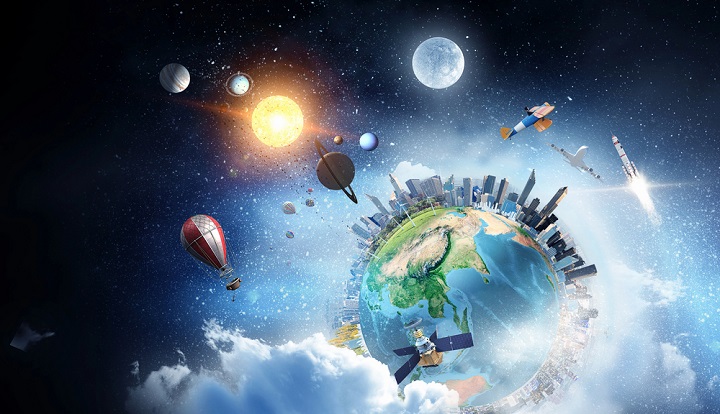
Space Tourism How to Prepare?
Space tourism requires rigorous training to ensure safety. Space travel present physical, psychological, and logistical challenges. It is necessary that aspiring space tourists get ready for these challenging aspects of space travel.
Read this chapter to get a brief overview on how one should prepare for Space Travel.
Understanding the Physical Demands of Space Travel
Space travel imposes pressure on the human body, from intense G-forces during the launch to the weightlessness of microgravity. Physical preparation allows tourists to comfortably cope with these conditions.
- A comprehensive health assessment is required to decide whether an individual is suitable for space travel. Assess factors including heart, physical fitness, lung function, muscle and bone mass, and electrical.
- Maintaining good health standards is important strength. Aerobic training can help the body deal with propulsive and feedback stress.
- Prolonged exposure to weightlessness can affect stability and muscle tone. Space tourists often play sports designed to strengthen their medial muscles and improve spatial attention.

Psychological Preparation for Space Tourism
Space travel is not only disturbing to the body but it can also have serious psychological effects. Mental preparation helps control the emotional and sensory experience of space travel:
- A spaceship is a small space and even short trips can feel isolating in a simulated environment. This includes a simulated spaceship cabin helping individuals adapt.
- Meditation, breathing exercises, and regular mindfulness practice are recommended to manage stress at all critical levels of flight.
Many astronauts describe profound emotional changes when looking at the world from the Space. One needs to prepare for this transformative experience as well.
Spaceflight Training: What to Expect
Training packages for space travellers are designed to familiarize them with the gap transportation device and situations they'll come across on their travels. The predominant additives are:
- Simulated weightless flight or what's referred to as "Parabolic Flight" enables travellers for the sensation of weightlessness. These classes teach participants to move and adapt to weightlessness.
- Tourists are trained to reply to emergencies that could occur, such as an oxygen device failure, cabin pressure or a surprising touchdown scenario.
- The simulation simulates the excessive G-forces that arise in the course of launch and re-entry. It helps members adjust to those severe bodily sensations.
Packing for Space Travel
Packing for space travel requires careful consideration due to weight and space limitations:
- Items such as photographs, small souvenirs, or compact personal equipment are allowed. Strict weight limits must be adhered to.
- Passengers will be provided with space-approved clothing. This includes tight-fitting clothing to support blood flow in weightlessness.
- In general, only a small amount of toiletries is allowed which includes toothpaste and cleaning wipes as appropriate for the Space.
Preparing for Post-Flight Adjustments
Travellers may have to face some demanding situations after returning to earth and adjusting again to its gravity.
- Space travellers might experience dizziness as they adjust to gravity. Mild exercise and physical therapy can assist them recover from muscle fatigue and dizziness.
- By sharing their reports and reflecting on their journeys, individuals can cope with the extreme emotions that regularly arise after space travel.
- Health specialists will screen the travellers' publish-tour circumstance. This is to ensure they successfully mitigate the effects of space travel.
Financial Preparation for Space Travel
Space tourism is a major economic dedication that requires cautious making plans and budgeting:
- Suborbital flights commonly cost between $250,000 and $500,000, while orbital tours can cost up to $50 million.
- Travellers can also need specialised health and accident insurance for the duration of space travel. It's important to discover your options early.
- Some companies provide staggered price options to make the experience even simpler.
Enhancing the Experience
Preparation is more important than physical and logistical preparation. Improving the general experience will make the trip even more memorable:
Understanding more about the space travel and recording sky surveys increases happiness. Astronauts often bring a camera or notebook to record their impressions. This guarantees that they remember their adventures. In addition, one can network with fellow travellers, build relationships with various people and foster experiences of friendship and shared discovery.
Conclusion
Preparing for space travel requires travellers to focus on physical training, mental fitness, and logistics planning. When the industry expands, the process will be more efficient, making space travel more accessible to all.
Proper training helps space tourists fully appreciate the wonder and excitement of space. It improves the passengers' safety and enjoyment during the trip, and ensures a lasting positive impression of each participant's experience.